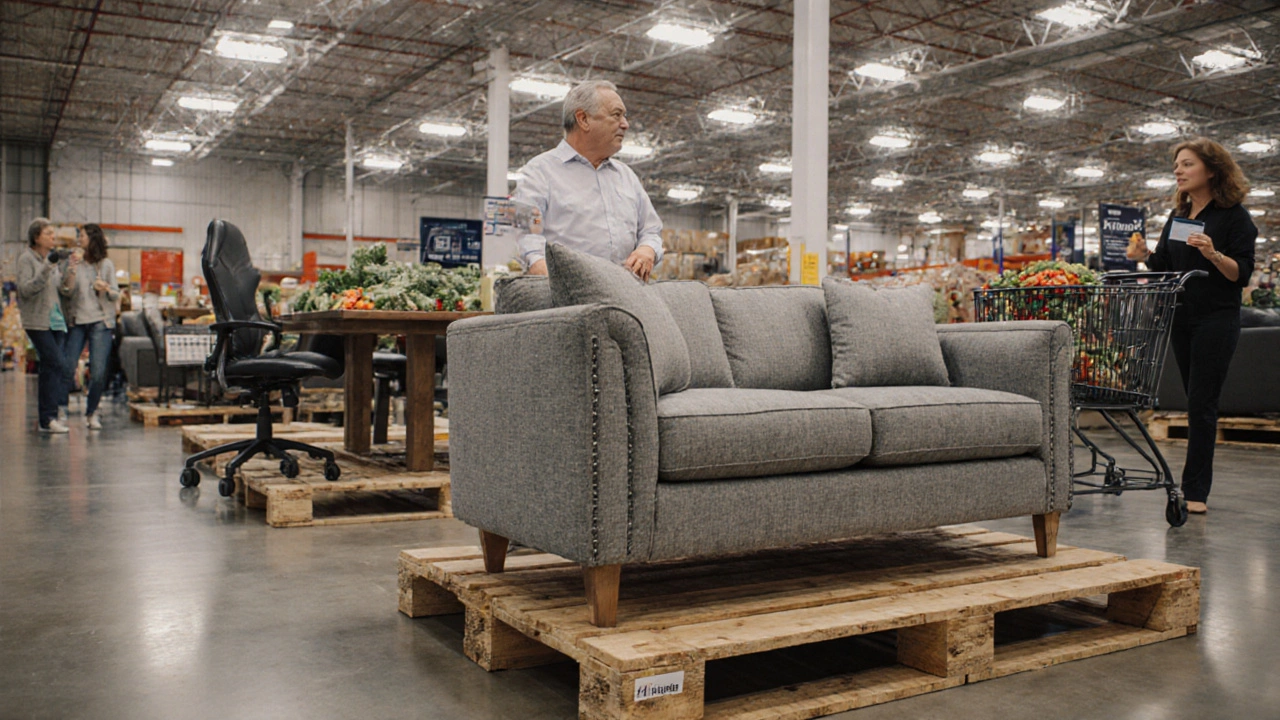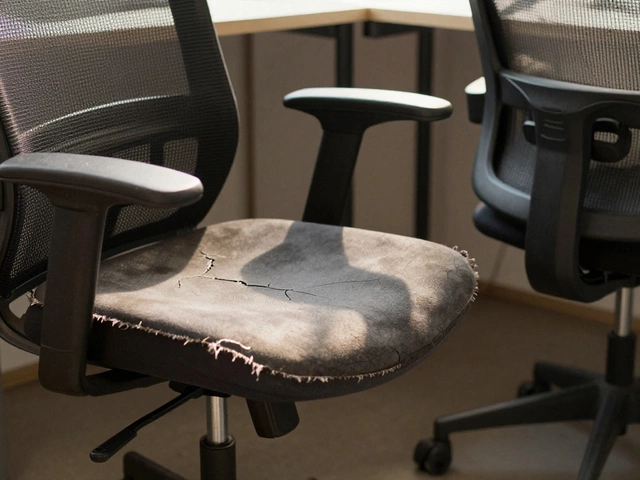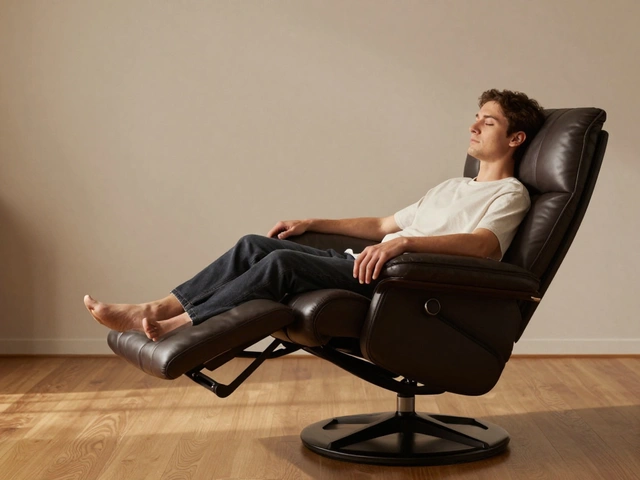Kirkland Signature – the brand behind Costco’s best‑value products
When you see a Kirkland Signature, Costco’s in‑house private‑label brand that promises high quality at a lower price point, Costco brand, you’re looking at a label that covers everything from pantry staples to premium electronics. Costco, the membership‑based wholesale retailer that created Kirkland Signature to offer members better value built this line to meet strict quality benchmarks, often matching or beating national brands. In practice, private label, a brand owned by a retailer rather than a manufacturer, requires rigorous testing and sourcing standards that ensure each item lives up to the promise of durability, performance, and taste. Kirkland Signature therefore encompasses a wide range of product categories—groceries, apparel, furniture, and even tech—while maintaining a single, trusted reputation. This relationship creates a semantic triangle: Kirkland Signature encompasses many categories, requires strict quality control, and benefits from Costco’s membership model that drives both supply and demand.
Why shoppers choose Kirkland Signature over name‑brand alternatives
The appeal of Kirkland Signature starts with its value proposition: high‑quality goods at a price that usually undercuts the equivalent name‑brand. Because Costco operates on thin margins and bulk purchasing power, it can negotiate better terms with manufacturers for Kirkland products, the savings pass straight to members. This model also means the brand can experiment across diverse categories—think organic coffee, performance‑grade mattresses, and even Japanese sofa beds—without losing the core promise of reliability. Consumers often notice that Kirkland items receive the same warranties and return policies as name‑brand counterparts, reinforcing the perception of parity. Another key factor is the built‑in trust signal that comes from rigorous testing. Before a product earns the Kirkland label, it undergoes lab analysis, field trials, and third‑party certifications, echoing the standards you’d find in premium brands. For example, Kirkland’s battery‑powered tools are tested for torque and lifespan, while its food items are screened for taste, nutrition, and ingredient sourcing. This disciplined approach creates a clear semantic connection: private label brands require stringent quality checks, which in turn enhance consumer confidence. Finally, the brand’s consistency across categories gives shoppers a mental shortcut. When you buy a Kirkland mattress, you automatically assume the same level of quality for the Kirkland sofa or the Kirkland kitchenware. That mental model simplifies decision‑making in a crowded market and encourages repeat purchases, cementing the brand’s foothold in everyday life.
Below, you’ll find a curated set of articles that dig into the practical side of buying decisions—whether you’re weighing the cost of a Lazy Boy recliner, figuring out the right TV stand size, or learning how to protect outdoor furniture. Each piece reflects the core ideas behind Kirkland Signature: clear value, reliable quality, and smart choices that fit real‑world needs. As you scroll, keep an eye on how these topics echo the brand’s emphasis on durability, performance, and cost‑effectiveness, giving you a richer context for making smarter purchases.
Is Kirkland Furniture the Same as Costco? What You Need to Know
A clear guide explains that Kirkland furniture is Costco’s private‑label brand, covering quality, pricing, warranties, and where to buy.







